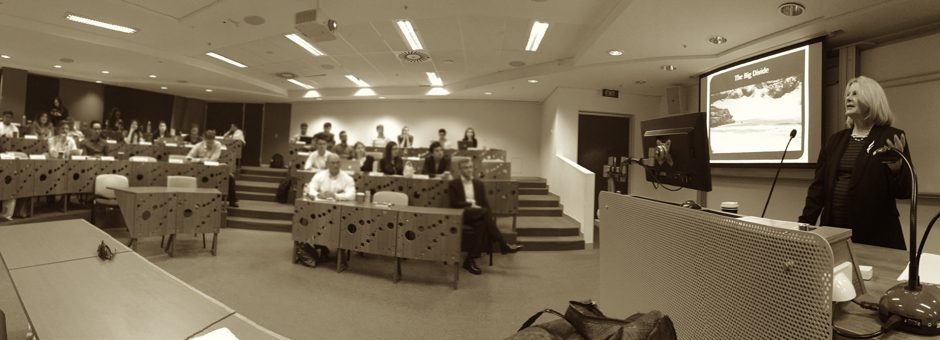Posts by Diane Spencer-Scarr

Despite the stiff competition my paper was accepted and I have been awarded a fee waiver and travel grant. Not bad for flying solo. My paper “Understanding Digital Network Engagement: Aiding Resistance and Appropriation of Technology.”

Geoff and I have collaborated on a paper that he will present at the Mensa conference in the US in June and then a month later in Slovakia. I have declined attending as I really do need to focus on my thesis. It has been quite interesting as I have used my research to underpin and

Here goes nothing. I have submitted my proposal for the AoIR14 conference in Denver, Colorado. I believe that there will be a lot of competition but nothing ventured nothing gained. My supervisor is away so I’m flying solo – thank goodness I have a supportive husband.
Attended this workshop at Macquarie University. It was realy good and gave me a lot to think about in relation to Viktor Mayer-Schönberger insights on memory in the digital environment. There is something more to memory than meets the eye. You have to consider the way memories work within the individual as well as within the environment.

Presentation went well. Helen Merrick attended which was great because Matthew Allen was away. There were some good questions but I do need to reduce the amount I want to convey in presentations. Power Point presentation for “The Impact of Digital Network Technology.”

Diane Spencer-Scarr Diane Spencer-Scarr is doing doctoral research through Curtin University into the causes and consequences of digital network engagement. This research explores the relationship between personality, decision making and engagement with digital networked technology at both the individual and societal level. The urgency to understand why people engage differently increases exponentially as digital networked

The Impact of Digital network Technology on Individual and Societal Truths.
Conference Proposal
Abstract The truth may be out there but do we want to hear it? Is it accessible, if so, for how long. Engagement with digital networks appears to enmesh human activity and behavior in a significant and iterative way, and seems to result from the inherent nature of digital networks and individual’ characteristics such as

I agreed to act as an editor of last year’s Humanities conference. I believe that I learned more from this than writing my own articles. It was a real eye opener going through the publisher guidelines and applying it to work that was not my own. I highly recommend this to any one perusing an

Abstract Educators, supervisors and mentors strive for the ‘eureka moment’, the moment when someone, “gets it”. As we move more of our lives into online interaction and collaboration, there has never been a more important time to ‘get it’ than now. Teamwork between humans has provided an advantage to groups and societies which profoundly affect

The term ‘Web 2.0’ emerged in 2004 simply as a marketing phrase for a conference to discuss post dotcom trends in the Internet. It became popular with the media to label something new that was as yet undefined. The term is mostly used in association with social applications it is however more complex. The term

